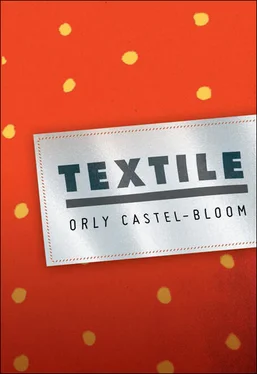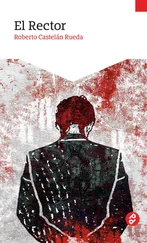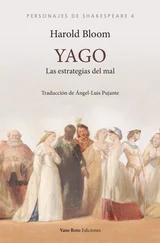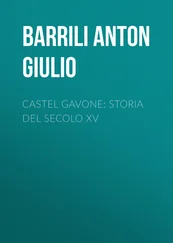“There isn’t a hotel in Neve Avivim,” he said.
“Then go to some other hotel. You’re so sensitive, and you’ve been through experiences that in my opinion demand rehabilitation. A remedial experience, perhaps.”
He told her not to worry, and at the terminal he also thanked her for everything, but everything, including her sympathetic attitude toward his crisis, and of course for handing over the important information, and added that he hoped he hadn’t gotten on her nerves too much with his demanding presence.
He shook her hand with a warmth she hadn’t encountered for years, to such an extent that she thought that perhaps he had a fever, and that all his behavior since hearing about Mandy’s death was the result of some virus. Gruber turned away to go through the security check, but stopped and turned round.
“Can I ask you a personal question?”
“What?” she looked exhausted.
“Why did you really give away your research? You could get the Nobel Prize for it yourself.”
She was relieved that this was the question, and she replied:
“That’s exactly what I feared. I felt that I was on my way to a Nobel, and I didn’t want to go on. I’m not built for the Nobel, I want ordinary friends, not admirers. Do you understand me?”
“I understand you very well,” he said, and she tried not to let him see her farewell tears.
He waved to her and she waved to him, and that was it. She never saw him again.
SHE DROVE HOME and phoned Lirit and told her that her father was on a plane to New York, and that she hoped he would reach home safely. Perhaps she should find him temporary accommodation in Neve Avivim, or in Tel Aviv. He had a mental problem with returning to their new neighborhood.
Lirit wrote down the numbers of her father’s two flights to New York and Israel, and thanked Bahat for all she had done.
After she put the phone down Bahat drank the half can of Coca-Cola left in the house from Gruber’s visit and got rid of a few prominent signs of his presence, although it was clear to her that a more thorough cleaning would be required. She stripped the sheets from the double bed on which they had let themselves go a little wild the night before, dropped them into the laundry basket, threw a clean sheet onto the bed, took off her clothes without any strength and dropped them on the floor, put on an old flannel nightgown, and got into bed. In spite of the superficial cleaning she had done, Gruber’s smell was still in the room, and she got up and drizzled geranium oil in all the corners, and indeed the pleasant scent absorbed Gruber’s smell and she could forget him.
ORLY CASTEL-BLOOM is a leading voice in Hebrew literature today. Her postmodern classic Dolly City has been included in UNESCO’s Collection of Representative Works, and was nominated in 2007 as one of the ten most important books since the creation of the state of Israel. She has received the Tel Aviv Foundation Award, the Alterman Prize for Innovation, the Prime Minister’s Prize three times (1994, 2001, 2011), the Newman Prize, the French WIZO Prize for Human Parts , and the Leah Goldberg Prize. Her books have been translated into eleven languages.












